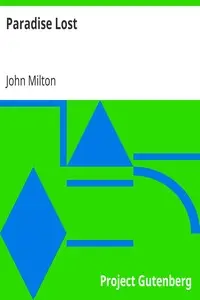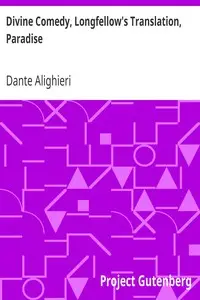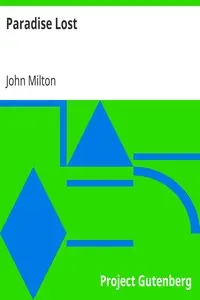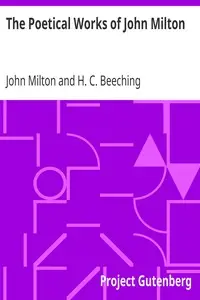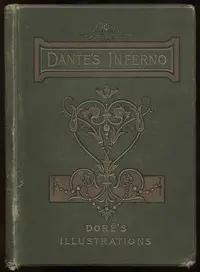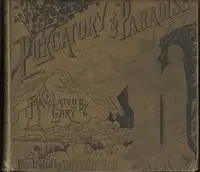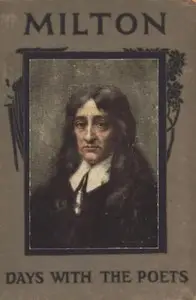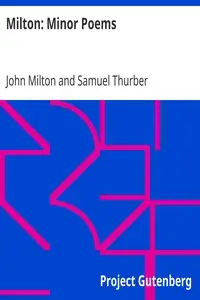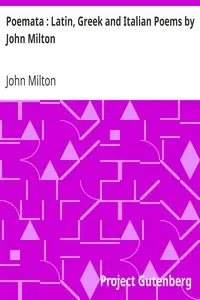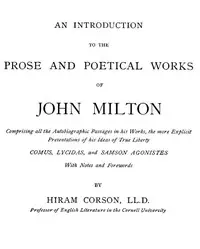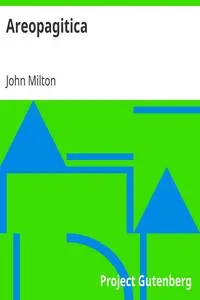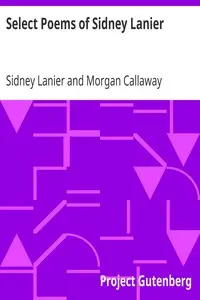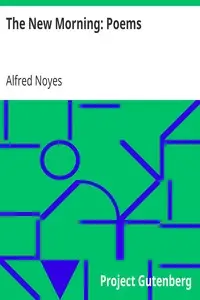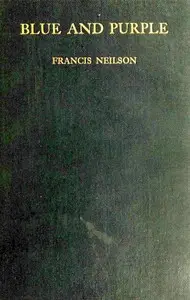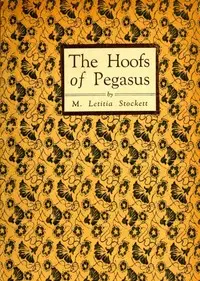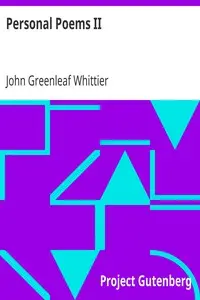"Paradise Regained" by John Milton is a 17th-century poem that explores the trials Jesus faced in the wilderness. Continuing from "Paradise Lost," this story emphasizes the struggle between good and evil as Satan tempts Jesus. The poem follows Jesus' journey into the wilderness after his baptism, where he is confronted by Satan and his temptations. Through a series of dialogues, Jesus uses faith and wisdom to overcome each challenge, proving that true power comes from spiritual strength, not worldly possessions. Ultimately, He defeats Satan, reaffirming humanity's hope for salvation and showing the victory of good over the evil, securing redemption for mankind.
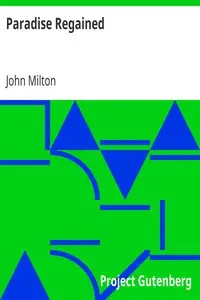
Paradise Regained
By John Milton
In a battle of wills, a divine figure confronts temptation in the wild, choosing spiritual strength over worldly power to secure humanity's redemption.
Summary
About the AuthorJohn Milton was an English poet, polemicist, and civil servant. His 1667 epic poem Paradise Lost, written in blank verse and including twelve books, was written in a time of immense religious flux and political upheaval. It addressed the fall of man, including the temptation of Adam and Eve by the fallen angel Satan and God's expulsion of them from the Garden of Eden. Paradise Lost elevated Milton's reputation as one of history's greatest poets. He also served as a civil servant for the Commonwealth of England under its Council of State and later under Oliver Cromwell.
John Milton was an English poet, polemicist, and civil servant. His 1667 epic poem Paradise Lost, written in blank verse and including twelve books, was written in a time of immense religious flux and political upheaval. It addressed the fall of man, including the temptation of Adam and Eve by the fallen angel Satan and God's expulsion of them from the Garden of Eden. Paradise Lost elevated Milton's reputation as one of history's greatest poets. He also served as a civil servant for the Commonwealth of England under its Council of State and later under Oliver Cromwell.

